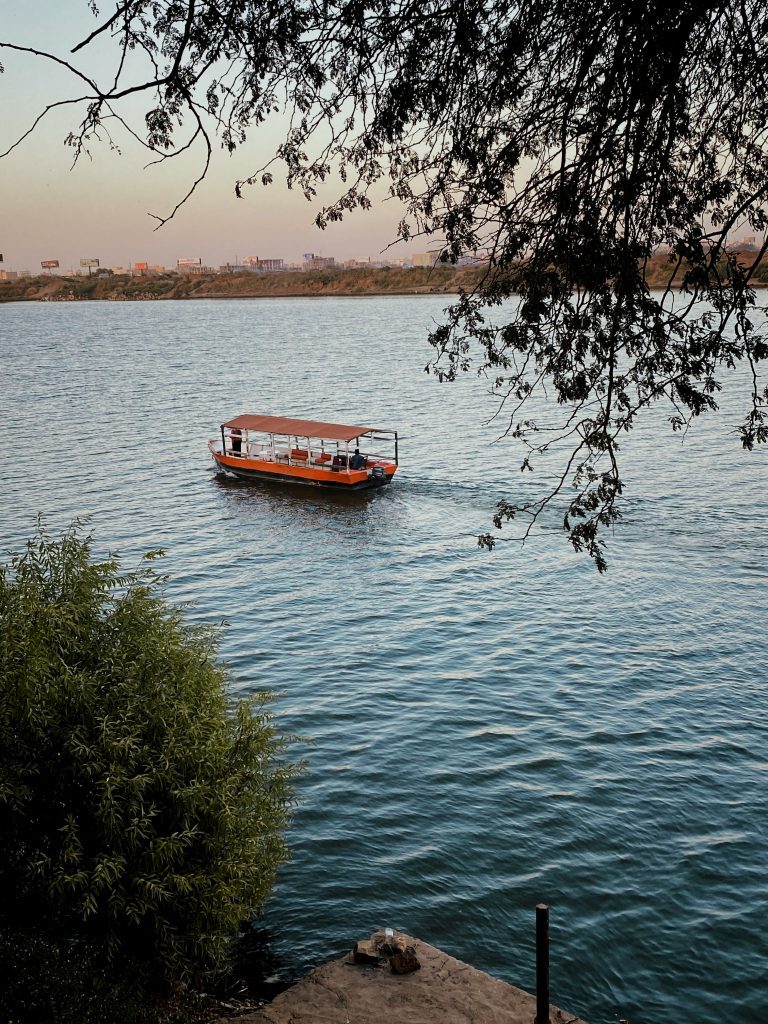South Sudan is a country located in East-Central Africa, and it is the youngest country in the world, having gained independence in 2011.
Despite its tumultuous history, South Sudan is a country with a rich cultural heritage and natural beauty that makes it an attractive destination for travelers.

However, before embarking on your journey, it is important to know a few tips to help you make the most of your experience.
1. Research the Country
Before traveling to South Sudan, it is essential to conduct extensive research on the country.
The country has a complex political history, which has resulted in conflicts and instability, making some areas unsafe for travelers. Be sure to check for current travel advisories issued by your government, and research the areas that you plan to visit to ensure they are safe.
2. Obtain the Necessary Documents
To enter South Sudan, you need a valid passport with at least six months’ validity from the date of entry.
Additionally, you will need to obtain a visa. Visas can be obtained from the South Sudanese embassy or consulate in your country of residence. It is essential to start the visa application process early, as it can take several weeks to process.
3. Get Vaccinated
South Sudan is a country with high rates of infectious diseases, including yellow fever, hepatitis A, and typhoid fever.
It is essential to get vaccinated against these diseases before traveling. Additionally, travelers should ensure they are up to date with routine vaccinations such as measles, mumps, and rubella (MMR) and polio.
4. Pack Appropriately
When packing for South Sudan, it is important to pack for the climate.
South Sudan has a tropical climate, which means it is hot and humid throughout the year. Pack lightweight, breathable clothing that covers the arms and legs to protect against mosquitoes, which can carry diseases such as malaria and dengue fever.
Additionally, pack comfortable walking shoes and a hat to protect against the sun.
5. Respect Local Customs
South Sudan has a rich cultural heritage, and it is essential to respect local customs and traditions.
It is considered impolite to wear revealing clothing or to take photos of people without their permission. Additionally, it is important to be respectful when visiting sacred sites, such as churches or mosques.
6. Stay Hydrated
South Sudan is a hot and humid country, and it is essential to stay hydrated to avoid heatstroke and dehydration.
Carry a reusable water bottle and fill it up regularly to ensure you are drinking enough water.
7. Use Local Transport
South Sudan has a limited public transport system, and it is best to use local transport, such as minibusses or taxis. However, be sure to negotiate the price before getting in, as fares are often not metered.
8. Stay Connected
South Sudan has limited internet connectivity, and it is essential to have a way to stay connected with loved ones at home.
It is best to purchase a local SIM card to make calls and access the internet. Additionally, carry a power bank to keep your phone charged.
9. Be Prepared for Power Outages
South Sudan has a limited power supply, and power outages are common.
It is best to carry a flashlight and extra batteries to ensure you can navigate in the dark. Additionally, carry a power bank to charge your electronics.
10. Carry Cash
South Sudan has limited access to banking facilities, and it is best to carry cash. However, be sure to carry small denominations, as it can be difficult to get change for large bills.
11. Be Prepared for Language Barriers
South Sudan has over 60 ethnic groups, each with its language.
While English is the official language, it is not widely spoken outside of the major cities. Be prepared for language barriers and carry a phrasebook or use translation apps on your phone to communicate with locals.
12. Be Cautious with Food and Water
South Sudan has a limited supply of clean drinking water, and it is essential to be cautious with food and water. Avoid street food and drink only bottled or filtered water.
Additionally, wash your hands frequently to avoid contracting foodborne illnesses.
13. Respect Wildlife
South Sudan has a diverse range of wildlife, including elephants, giraffes, and lions.
When visiting national parks and wildlife reserves, it is essential to respect wildlife and follow the rules and guidelines set by park authorities.
14. Be Prepared for Cultural Differences
South Sudan is a country with a rich cultural heritage, and travelers should be prepared for cultural differences. For example, South Sudanese people are very friendly and hospitable, and it is common to be invited into someone’s home for a meal or tea.
However, it is important to be respectful and follow local customs.
15. Hire a Local Guide
South Sudan is a country that is best explored with a local guide who can provide insight into the country’s history, culture, and traditions. A local guide can also help navigate language barriers and provide advice on where to eat and what to see.
In conclusion, traveling to South Sudan can be an enriching and rewarding experience. However, it is essential to conduct thorough research, obtain necessary documents and vaccinations, and be prepared for the country’s climate, culture, and customs.
By following these tips, you can have a safe and enjoyable trip to South Sudan.




